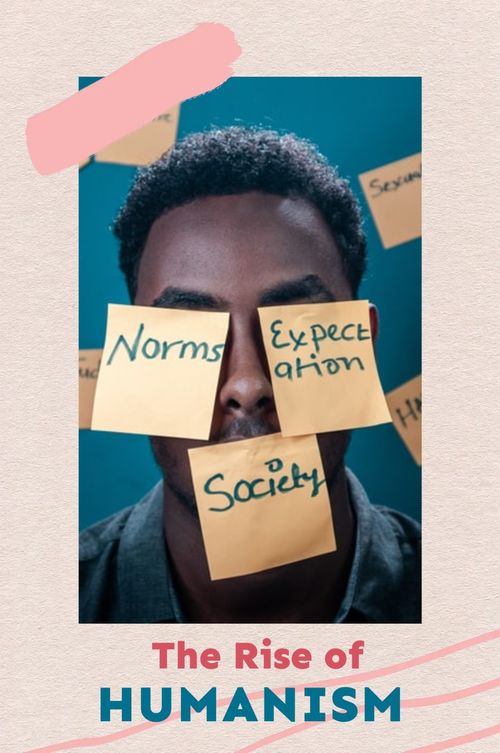The Enlightenment made life better. Will its ideals save the world?
Jul 18, 2021 · 4 mins read
0
Share
What got us here
It may seem like things are getting worse. In almost every demographic on the planet, people’s outlook is pessimistic. But statistically, things have never been better. So how convincing is the evidence of progress?
Save
Share
Steven Pinker, a world-renowned experimental psychologist, makes the case for optimism in his bestselling 2018 book Enlightenment Now. The central argument is that today’s advances can be traced back to a pivotal point in history: the Enlightenment.
Save
Share
Emerging in 18th-century Europe, the Enlightenment was born out of a search for a rational explanation of the world. As Renaissance science and technology began to mature in the early modern world, traditional theories no longer satisfied.
Save
Share
According to Enlightenment thinkers, the world reached its current state because of the actions of its inhabitants – not as a result of some nebulous outside force. This also meant that it could be changed by humans, too.
Save
Share
The advent of reason and science blew away the cobwebs of tradition and provided the necessary conditions for progress. But unlike religion, they didn’t offer anything specific to aim for. Enlightenment thinkers and scientists needed a single cause for their efforts.
Save
Share
This is where humanism enters the equation. Humanism is a philosophical and ethical position that emphasizes the agency and inherent value of human beings, both individually and collectively. It also opposes all forms of coercion, dominance, and violence.
Save
Share
Humanism essentially boils down to doing the most possible good for the most possible people. But it also recognizes that no person is expendable and that humans shouldn’t be treated as a means to an end. OK, so where did this get us? How did the power of reason help society?
Save
Share
Pinker points to massive strides achieved in both the richest and the poorest countries since the Enlightenment manifested. For starters, the average person born today can expect to live to almost 80. For a person born in 1700, it was 35 – if they survived infanthood.
Save
Share
The application of science to the problem of disease and death has been transformational. Beyond vaccination, sanitation, and medicine, the spread of ideas like proper hygiene, equality, and education for all have had vastly positive effects.
Save
Share
So where are these advances leading society now? Can that sense of progress keep extending into the future? Or is this rosy outlook glossing over genuine reasons to be fearful? Let’s answer these questions and more in Part 2.
Save
Share
0
